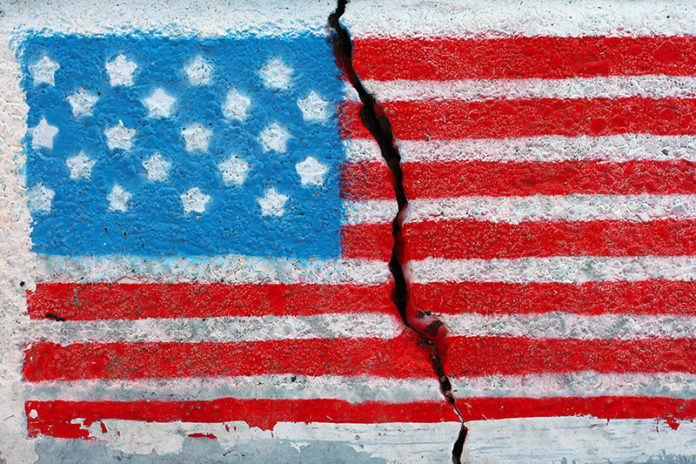As the Fourth of July approaches, we find ourselves in a unique position to contemporaneously celebrate our triumph throughout this year in persevering through COVID-19, just as we did against the British in 1776. This Fourth of July celebration allows us to see the world through the eyes of the Founding Fathers, who undertook the monumental task of creating a nation free from the control of unjust rulers during a period of great uncertainty. This July 4, we commemorate not just our freedom from the British, but also our independence from death, uncertainty and division.
No country in history has been as unique as the United States. The intelligent design of our nation allows us to adapt through time and develop beyond our prior transgressions. With this, we have the unique capacity to overcome, adapt and consider the consequences of our actions today, as well as the consequences of those decisions tomorrow.
We are cautious and confident, but not so confident that we feel we are beyond reproach; the design of our nation requires us to reflect on our past transgressions and triumphs, and see where we went wrong, right, and most importantly, where we are headed. No nation is perfect, ours is no exception, but we have the capacity to become a more perfect union through observation of our past actions.
While July 4 commemorates the founding of a nation, it also serves as a reminder of our fortitude, capacity to overcome obstacles, and our ongoing attempts to do so.
The United States of America is a melting pot of cultures, a country made up of people from many walks of life, each with their own distinct viewpoints.
Regardless of our differences, we must come together and work to preserve our freedom, prosperity, independence and right to individuality, which is so vital to the rights of all people and distinctly characteristic of a free nation. This country, and the world, are on our shoulders, and we must never forget our responsibility to those who look to this country for direction, leadership and hope in both times of peace and — as is particularly relevant now — times of uncertainty.
Many are unaware of the history of July 4 due to its common misinterpretation as the day we celebrated our independence from the British — but that occurred on July 2. It was also not the first day of the American Revolution — that was April 19, 1775. History is fascinating; it shows us that this country has suffered tremendous instability in the past, both from foreign nations and from people who live within our borders. But history also reveals, through the past failures of other nations, that our nation would be unrecognizable if it weren’t for the fortitude of our Founding Fathers, who fought back against all invasions of freedom. In fact, the country that is frequently seen as the benchmark of freedom would not exist today without their resilience and wit.
We have a greater mission on the Fourth of July which extends beyond mere celebration with friends and family. Instead, we must consider our duties as Americans to uphold the country’s blessings of liberty, which were bestowed upon us by those who fought back against tyrants. This country’s history is marred by conflict, strife and tribalism; yet, this history should be preserved, not to divide us, but to help us construct a better future based on our collective learned experiences.
The United States’ future appears to be as bright as it was before COVID-19. Despite its current appearance, we must go beyond the peripheral, for it is detail that demands our attention for us to fully perceive America’s beauty. There will be inspiration for us to continue moving forward as one country, indivisible, with liberty and justice for all.
Only there will we see that all men are born equal, endowed by their creator with certain inalienable rights. The citizens of this country must remain together, a single force united, for the destiny of mankind lies on our shoulders: it is the burden of the greatest nation that the world has ever known, and it is a responsibility we must never take for granted.





























